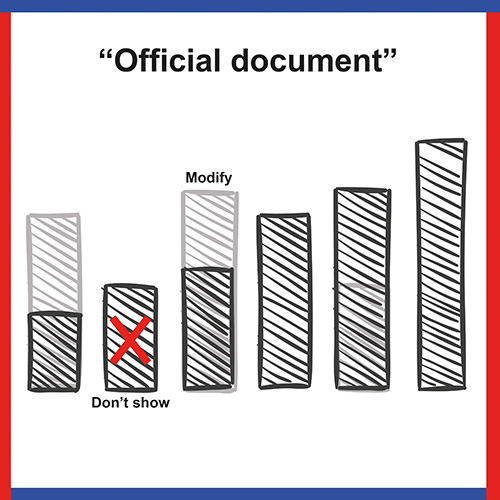Judge Dave Prosser and JoeAnne Kloppenburg squared off at the University of Wisconsin Law School for a candidate forum sponsored by Wisconsin Public Television on March 25. In Wisconsin, Supreme Court elections are constitutionally non-partisan, which is why they occur during the spring local elections, despite being a statewide elected position.
Recent events in Wisconsin have catapulted the race between sitting justice Prosser and challenger Kloppenburg to center stage, with partisans lining up on either side.
Kloppenburg’s candidacy has emerged as a champion for those opposing Gov. Scott Walker’s recent controversial changes to the state budget. Proponents of Kloppenburg see the spring primary as an opportunity for those who oppose recent legislative actions to register their displeasure. Prosser received the vast majority of votes in the Feb. 15 primary.
Prosser is the incumbent justice of 12 years. Early in the debate Prosser revealed himself to be a man who expected an easy ride. Now he is feeling the pressure. Prosser’s growing contempt for the entire process was palpable as he spent much of the debate playing defensive, sighing before constructing answers, referring to himself in the third person and looking generally uncomfortable.
Kloppenburg by contrast seemed at ease and in control. Aggressive in keeping the focus on Prosser’s extensive background as a jurist and partisan politician, Kloppenburg successfully kept the focus off the fact she has never been a Judge on any level.
Throughout the debate Kloppenburg stressed that she would be an “independent and impartial” jurist who applied the law as written and that her lifetime of experience in public service and as a litigator proved her non-partisan nature.
“Partisanship and politics don’t belong in the court,” Kloppenburg said.
She also said that people were responding to her because she stands in contrast to Prosser. Kloppenburg referred to him as “a partisan on the court, with a partisan approach.”
Prosser denied the allegations and suggested that he merely “used to be a partisan.” He did not address the question of whether the election was a referendum on Walker, but did stress that he is not a rubber stamp for the governor. Prosser did attempt to shift the focus from himself to Kloppenburg calling her a liberal idealog.
“She is trying to camouflage her views,” Prosser said. “She is exaggerating.”
In his closing statement Prosser finally dug into Kloppenburg’s inexperience as a jurist. While noting his obvious defensive posture in the debate, he said after previous debates, supporters suggested to him that he be more positive. In his closing statement Prosser referred to his perceived negativity.
“I think the reason for that is that for 30 years I’ve tried to be an honorable, model public servant, and it hurts when people are attacking your integrity,” Prosser said. “I think it is my opponent who should be desperate. She is the one who doesn’t have my twelve and a half years of experience on the Supreme Court and 30-plus years in public life. She’s never been a judge, she’s never been a legislator, she’s never held public office, she’s never run for public office. She has tried three times at least to be appointed as a judge and was rejected by people who knew her.”
Kloppenburg responded by simply saying that she was not the only person to ever apply for a job she did not get.
No clear “winner” or “loser” emerged on the night, what did crystallize was that in the context of this race, the outcome of the Feb. 15 primary was an eternity ago. The forces aligning behind Kloppenburg have caused doubt in the reelection of Prosser, something that a few months ago was widely perceived as a foregone conclusion.























